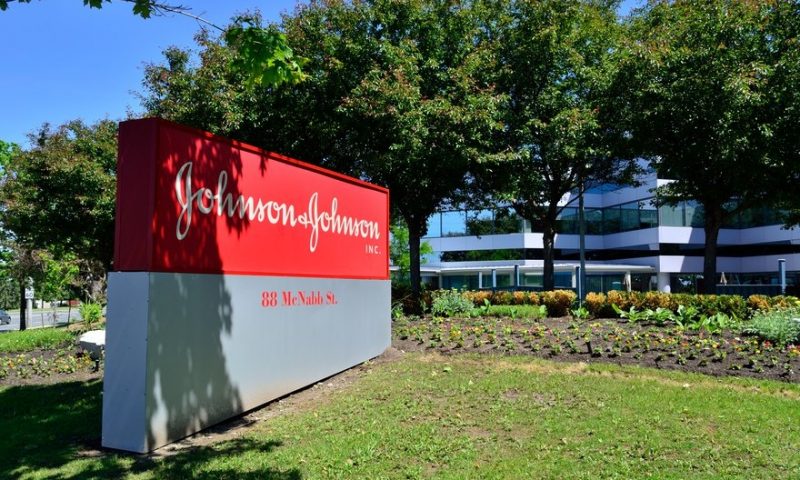Johnson & Johnson’s BCMA-targeting CAR-T therapy banished tumors in 86% of patients with advanced multiple myeloma in a phase 1b study, improving on the 66% figure posted five months ago. The treatment could help patients who face a “dismal prognosis” and generally live for just a few months with standard of care.
So far, JNJ-4528 has kept cancer at bay for nine months in 86% of the patients—a far cry from what these patients would typically face. The treatment also shrank tumors in all 29 study patients.
The study tested JNJ-4528 in patients whose cancer had returned after a median of five other treatments or had not responded to treatment in the first place. The majority of them (86%) had tried three different types of treatment with no luck: a proteasome inhibitor, an immunomodulatory drug and an anti-CD38 antibody, like Johnson & Johnson’s own Darzalex.
“These patients have essentially run out of treatment options. The median survival of this kind of patient is six to 10 months based on the literature,” said Mark Wildgust, Ph.D., VP of global medical affairs, oncology, at Johnson & Johnson’s Janssen R&D unit.
“The fact that 86% of the patients are essentially progression-free at nine months is really good news for them,” he added. “That starts to point toward durability. We still need to follow patients much longer, but we think that’s very encouraging for these patients.”
Patients’ tumors started shrinking a median of one month after treatment. It took a median of three months for them to clear completely, though some patients waited as long as 13 months for their cancer to vanish.
These figures differ from FierceBiotech’s reporting on data released last December, which focused on complete response rate. This round of data emphasizes stringent complete response, defined by the absence of two key markers of myeloma in the blood and bone marrow.
The most common side effects of the treatment were cytokine release syndrome (CRS), which happens when CAR-T works too well and activates the immune system too strongly, and neutropenia, an abnormally low white blood cell count. Although 93% of the study patients suffered CRS, most of the cases were mild. Three patients died: one from CRS, one from leukemia that was not treatment-related and one because their cancer worsened.
Because CRS predictably came on within a median of seven days and lasted about four days, Janssen figures the treatment may not require patients to stay in the hospital for monitoring after treatment.
“I think that profile potentially sets us up to start exploring outpatient management of these patients as well,” Wildgust said.
As the study continues, Janssen hopes the treatment’s effects will endure. And it has a roadmap of sorts in its partner Legend Biotech’s CAR-T program. JNJ-4528 is “essentially the same CAR-T” as the one Legend is developing in China—“with a little tweak in manufacturing between China and what we do here in the U.S.,” Wildgust said. Legend’s phase 2 study found its CAR-T kept cancer at bay for 20 months, he said.

